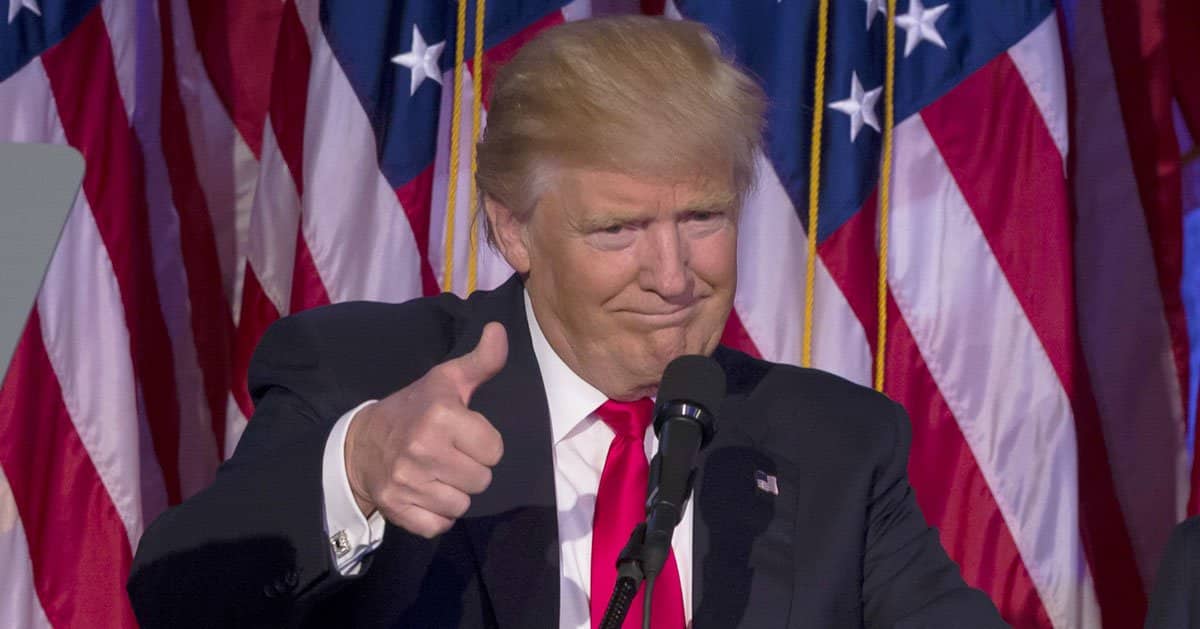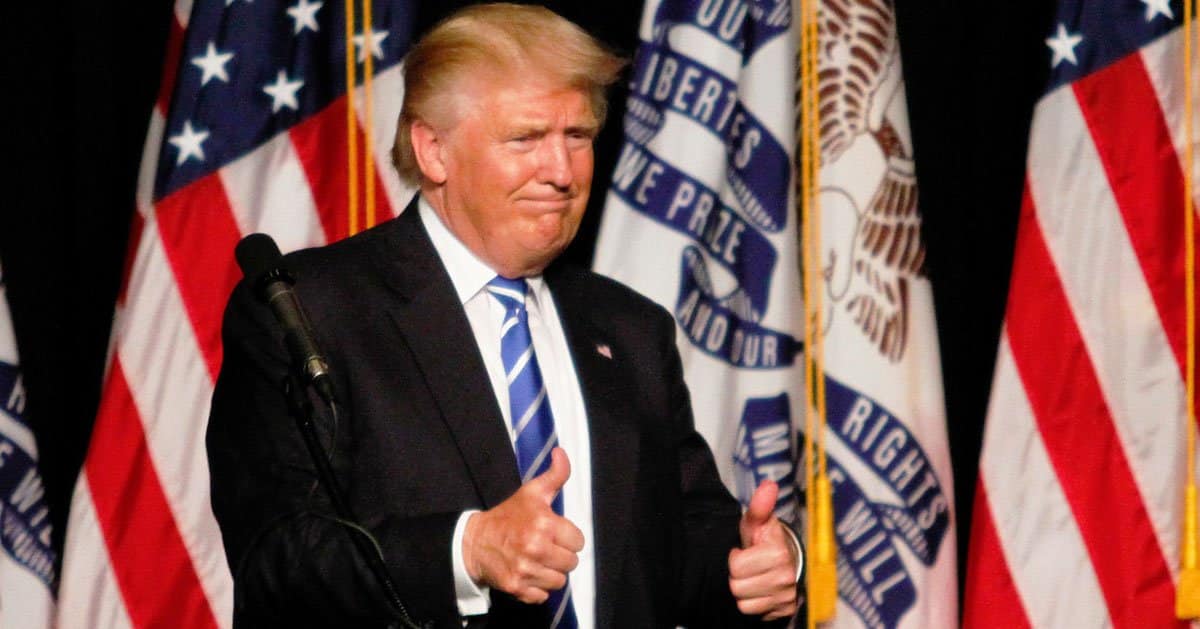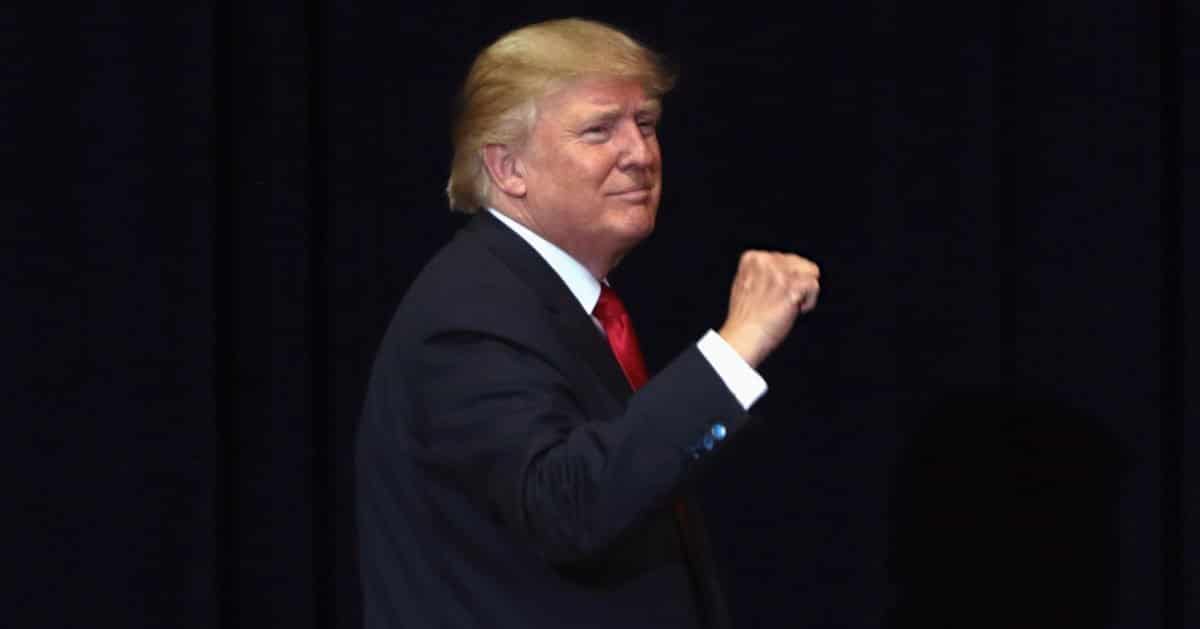








In a dramatic escalation of his foreign policy rhetoric, President-elect Donald Trump has warned that there will be serious consequences if hostages currently held in Gaza by Hamas are not released before his inauguration on Jan. 20, 2025 according to The New York Post.
Amid rising tensions in the Middle East, Trump's warning follows a series of unsuccessful attempts by the Biden administration to bring about a cease-fire and secure the release of hostages held by Hamas.
Trump, who is preparing to take office in January, has demanded the immediate release of all hostages, including 62 individuals whose safety remains uncertain. This group includes three Israeli-Americans who are believed to be alive.
Over the past year, outgoing President Joe Biden's administration has made efforts to broker peace and facilitate the release of hostages. Despite these diplomatic initiatives, the situation remains unresolved, setting the stage for potential intervention when Trump takes office.
The urgency of the matter has been underscored by the killing of Omer Neutra, an Israeli-American from New York, during a Hamas attack on Oct. 7, 2023. His body is one of 35 currently held in Gaza, a point that has increased pressure on incoming U.S. leadership to demand action.
President-elect Trump has made his intentions clear, stating he will not tolerate further violence and hostage retention. He has used strong language to describe the situation, suggesting a firm U.S. response if the hostages are not released by the time he assumes the presidency.
“Those accountable will face unprecedented consequences,” Trump warned, stressing that the Middle East could face significant disarray if his demands are not met. This statement was directed at those holding the hostages, indicating potential military or economic actions.
To ensure his stance is understood, Trump has communicated his demands directly to Israeli leaders, including Prime Minister Benjamin Netanyahu. During these exchanges, he advocated for a timeline for the cessation of hostilities before his term begins.
Additionally, Trump has liaised with influential figures in U.S. politics. Sen. Lindsey Graham has affirmed Trump’s strong commitment to resolving the conflict, emphasizing the need for a cease-fire coupled with the hostages' release.
Throughout these discussions, Trump reiterated the urgency for peace and the hostages' freedom. By setting a clear deadline, he aims to galvanize international and regional leaders to act swiftly to avoid further escalation.
Sen. Lindsey Graham has acknowledged Trump's proactive approach, stating that the President-elect is resolved to see results. His call for immediate action contrasts with the ongoing dialogue under the Biden administration, which has not yet yielded tangible outcomes.
As inauguration day approaches, the chance for resolution before the transition appears limited. With Biden's term ending without an agreement, Trump's administration is poised to adopt different strategies to address the ongoing hostage crisis.
Despite setbacks, Trump’s statements have highlighted his willingness to take decisive measures to end the conflict and ensure the release of hostages. His comments reflect a broader strategic approach intended to restore stability in the region.
The incoming administration's preparedness to engage with the complexities of Middle Eastern politics could influence its broader foreign policy direction. Should the hostages remain unreleased, Trump's response may mark a shift in U.S. involvement in the region.
Trump’s dramatic and high-stakes ultimatum serves as both a warning and a promise of intervention if his demands are not met. The impact of his ultimatum will depend on whether international cooperation can effect change in the current situation.



